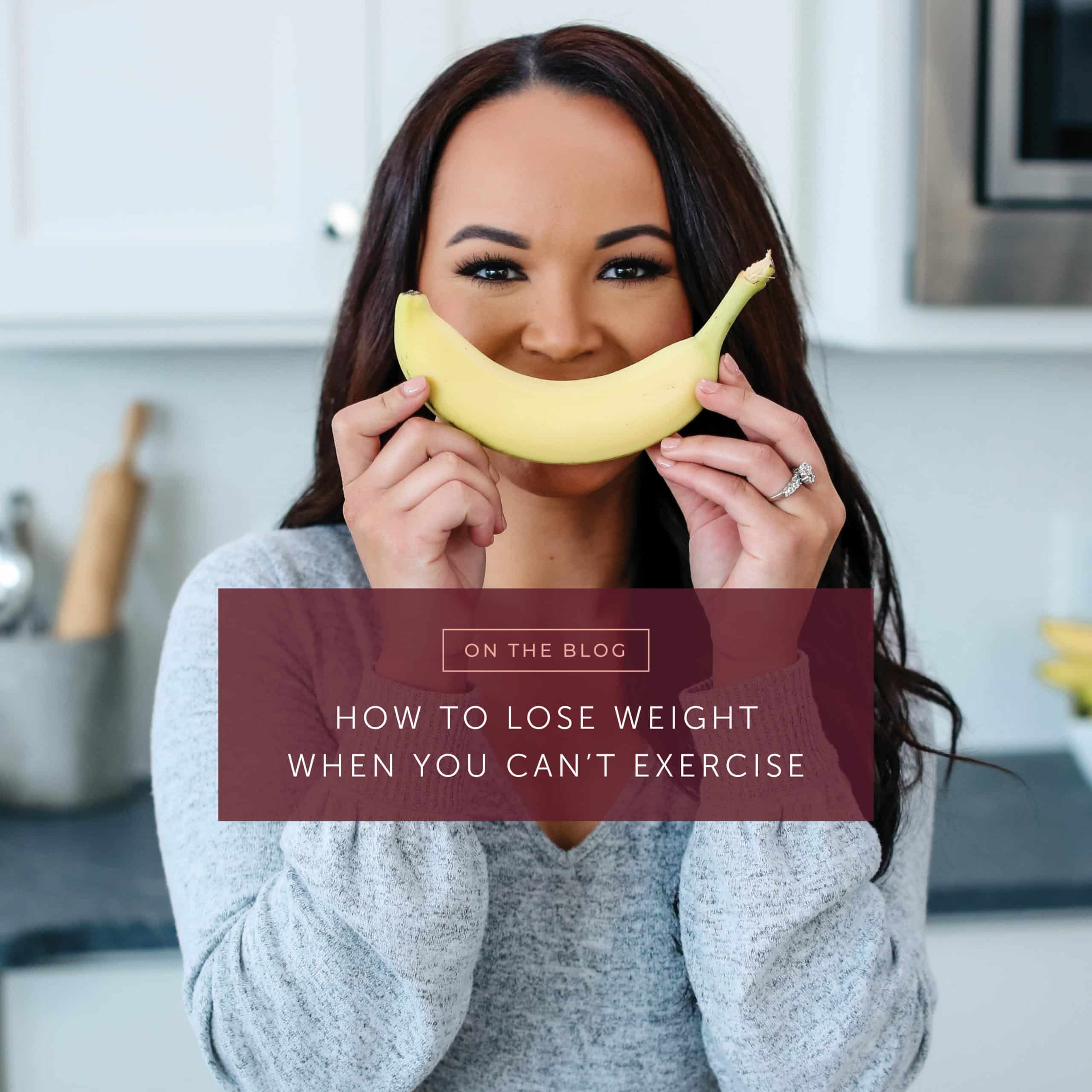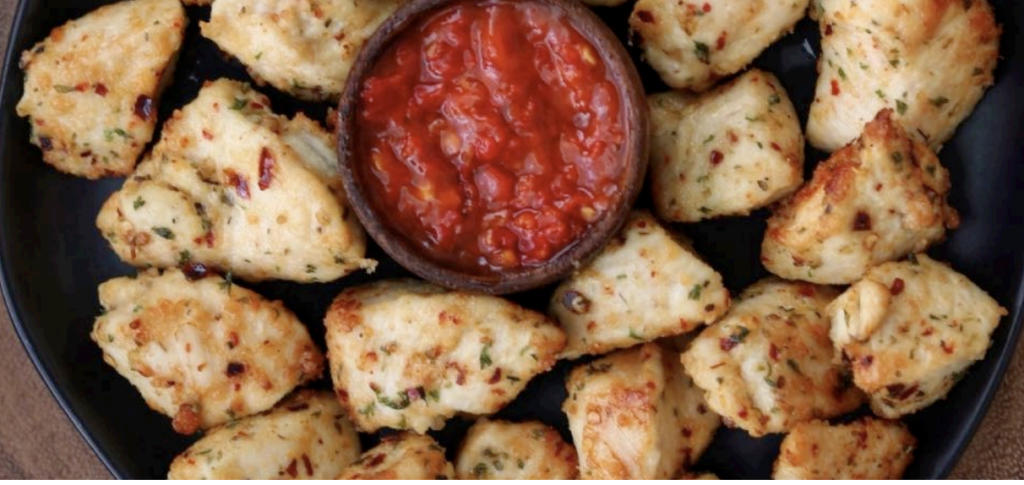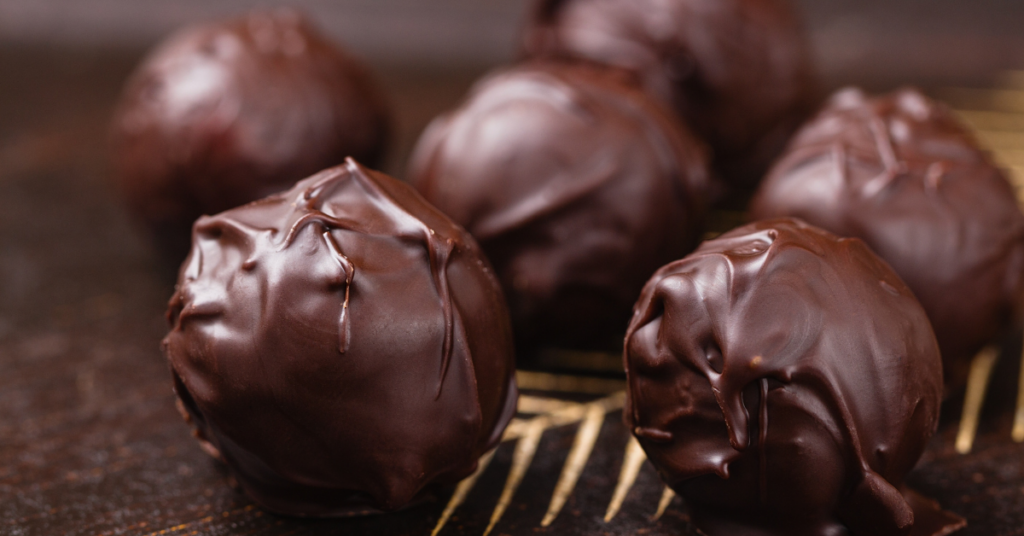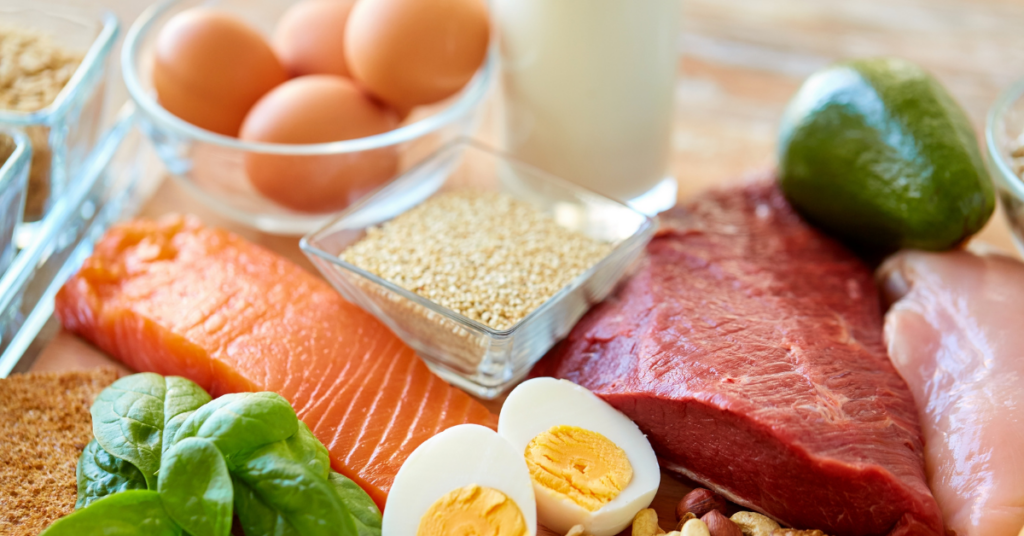When it comes to weight loss, we know that it ultimately boils down to calories in vs. calories out. Sure, there is a lot of nuance there, and the weight loss process can be complicated, but weight loss is a result of creating a sustainable calorie deficit.
One very common misconception we hear is that you need to be working out all the time to lose weight, and this simply isn’t true.
Now, does regular exercise help? Absolutely! There are so many health benefits to exercise, and the more active you are, the more calories you’ll be burning over the course of the day. We always encourage exercise when possible, and the more calories you burn, the more you’ll be able to eat while still seeing results.
In reality though, sometimes it just doesn’t happen. Busy schedules, lack of gym access, injuries, travel, there are a lot of reasons why taking an hour to work out just isn’t realistic, and that’s perfectly okay. It may not be quite as easy to lose weight without exercise, but it’s certainly possible, and there are a few important things you can focus on to make it as easy as possible.
Accuracy and consistency are essential.
With regular exercise off the table, we have to put all our focus on food, and this is where being as precise as possible becomes very important. It’s easy to get complacent, start eyeballing portions, and letting little things sneak in, but these things can really set you back.
The reality is that if you’re not exercising, your calorie intake is probably going to be a bit lower than if you were very active, and the lower your calorie intake becomes, the more important precision is. If you’re only working with 1400 calories, for example, even an extra 100-200 untracked can make a significant impact.
Double down on your tracking, weigh everything, and be as precise as possible to get the best results.
Walking is your best friend.
Maybe getting in challenging workouts isn’t an option, but unless you have an injury, you should be able to add some more movement and walking to your day. Every little bit counts, and it doesn’t have to be an hour-long walk at a time – we’re just looking to sneak in movement wherever we can.
Maybe you park further away when you go places, take the stairs instead of the elevator, go for a walk when you have to take a phone call, stand up and take a lap around the office (or your home) every hour, all of these little ways to add activity can certainly add up.
If you have a fitness watch, tracking your daily steps is a great way to make sure you’re moving around during the day. If you don’t have one, most smartphones have pedometers built-in, or you can find an affordable step-tracker on Amazon like this one, which could be a great tool to have at your disposal.
Focus on your lifestyle.
This is often underlooked, but managing your lifestyle factors, particularly stress and sleep, are very important when it comes to sticking to your plan.
If your sleep quality suffers, or stress is high, hitting your macros regularly can become more difficult. You may have more hunger, cravings, less energy, and generally find it more difficult to make the right decisions. The better you take care of your body, the easier it’ll be to stay on plan.
This is true whether you’re exercising or not, but when you really want to nail your nutrition and don’t have the boost from exercise, you want to make it as easy as possible for yourself to succeed. Good sleeping habits, minimizing stress, and doing things that help your body relax, like walking, reading, doing breathing exercises – these help you have an easier time following the plan.
Choose high-quality, nutrient-dense foods.
When your calories are lower, it becomes even more important to make sure you’re choosing nutrient-dense, filling foods. Lean proteins, fruits, vegetables, and whole grains should be the foundations of your plan.
Depending on where you are in your journey, you may find your macros on the lower end at certain points. If you’re spending them on snacks, sweet foods, and things that would normally be considered treats, you may have a hard time feeling full, and find it difficult to get enough high-quality, nutrient-dense foods in your daily meals with whatever macros are left..
If you find yourself with low macros, having a high-calorie meal and a drink could easily knock out half of your daily macros, and that’s going to limit how much healthy food you can be taking in the rest of the day, and may leave you feeling extra hungry. That can get tricky if it becomes a regular thing.
Be consistent, and patient.
Losing weight when you can’t regularly exercise is certainly possible! Stay as accurate as possible, try to find ways to move around, rest and take care of your body, and fuel yourself with high-quality, nutrient-dense foods.
It takes time, consistency, and patience, but if you’re consistent with your food, the results will follow.








